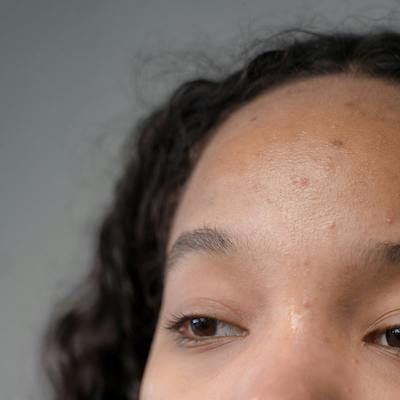Article
Postpartum Depression Linked to Pediatric Dermatitis
Author(s):
New findings show a greater risk of longer, more persistent cases of atopic dermatitis among children with mothers suffering from depression.

Jonathan Silverberg, MD, PhD, MPH
Investigators have observed a link between maternal postpartum depression and a risk of developing atopic dermatitis in childhood and adolescence.
The new prospective cohort findings from a database of nearly 5000 US children born in metropolitan areas shows mothers are at a greater rate of depression in the postpartum period and beyond if their child suffers from the common skin condition. The risk of depression also worsens with the severity or continuance of atopic dermatitis.
Investigators, led by Jonathan Silverberg, MD, PhD, MPH, of the Department of Dermatology at the George Washington University School of Medicine and Health Sciences, sought to understand the association of depression in postpartum-period mothers—as well as in mothers and fathers in later periods—and atopic dermatitis prevalence and persistence in their children.
Emotional factors, Silverberg noted, have been previously associated with atopic dermatitis exacerbation and advanced disease course.
“Previous studies have shown that family environment and other environmental factors can have an impact on AD,” he said in a statement.
Investigators used data from the Fragile Families and Child Wellbeing Study, a 4898-child prospective cohort study focused on 20 metropolitan cities in the US.
In the analysis, postpartum depression was 32% more likely to occur during cases of overall pediatric atopic dermatitis (adjusted odds ratio [aOR], 1.32; 95% CI, 1.06-1.64), but was increasingly likely with advancing age of atopic dermatitis patients—worse at 5 years (aOR, 1.34; 95% CI, 1.04-1.73) and 9 years (aOR, 1.37; 95% CI, 1.10-1.70).
Postpartum depression was also more greatly associated with more persistent cases of atopic dermatitis (present at 2 years: aOR, 1.58; 95% CI, 1.12-2.22), and again worsened with longer duration of persistent disease (present at 3 years: aOR, 1.73; 95% CI, 1.15-2.60).
Maternal depression in the past year was associated with notably greater odds of pediatric atopic dermatitis at ages 5 years (aOR, 1.54; 95% CI, 1.20-1.99), 9 years (aOR, 1.36; 95% CI, 1.10-1.71), and 15 years (aOR, 1.43; 95% CI, 1.13-1.80).
Overall, maternal depression was 50% more likely in parents during atopic dermatitis cases at 1 year (aOR, 1.50), 60% at 2 years (aOR, 1.60), and 61% at 3 years (aOR, 1.61).
Silverberg and colleagues concluded the results show a link between atopic dermatitis and postpartum depression, even in older children and adolescents. More persistent disease and greater sleep disturbance was also observed in these in patients.
“This could potentially suggest more severe AD,” Silverberg said.
The team called for continued research geared toward confirming associations between the conditions, determining underlying mechanisms, and potentially finding therapeutic solutions.
They advised pediatricians consider advanced screening and intervention for postpartum depression, particularly among parents of child at greater risk for atopic dermatitis.
The study, “Maternal Depression and Atopic Dermatitis in American Children and Adolescents,” was published online in Dermatitis.





